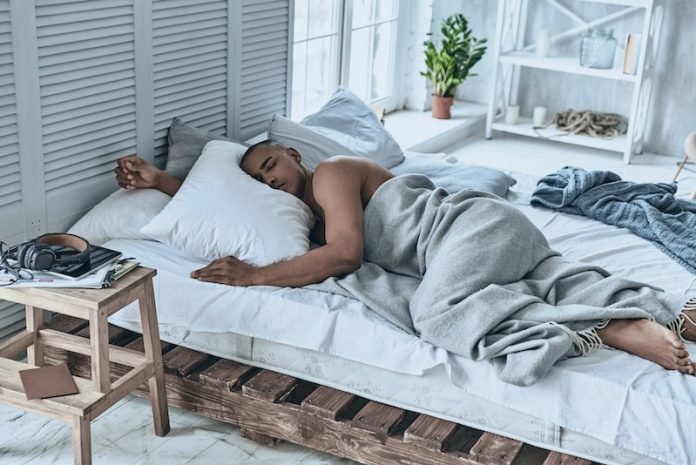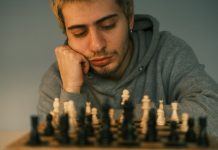
A new study sheds light on how troubles with sleep and our internal body clock can lead to or make mental health issues worse.
This research, just published in the Proceedings of the National Academy of Sciences, is urging scientists to dig deeper into how sleep patterns and daily biological rhythms affect our mental well-being.
Understanding this connection could lead to better ways to help people with mental health challenges.
Dr. Sarah L. Chellappa from the University of Southampton, who played a key role in the study, points out that problems with sleep and circadian rhythms (our body’s natural 24-hour cycle) are common in people with psychiatric disorders.
While we know quite a bit about how sleep disturbances like insomnia play into these disorders, there’s less known about the role of our circadian rhythms.
The research team, which includes experts from the University of Southampton, Kings College London, Stanford University, and other places, focused on how sleep and circadian rhythms impact young people.
Adolescence and early adulthood are critical times since this is often when mental health issues first appear. Changes in sleep patterns and circadian rhythms are also typical during these years.
For example, many people with mental health disorders struggle with insomnia or hypersomnia (feeling overly sleepy during the day but unable to sleep at night) more than the general population.
The study also found that a significant number of individuals with bipolar disorder have their sleep and wake times shift later, a condition known as Delayed Sleep–Wake Phase Disorder.
Moreover, during manic or depressive episodes, the internal body clock can be significantly out of sync, affecting the natural rhythm of hormones like cortisol.
But why does this happen? The researchers looked into several possible reasons. During the teenage years, our sleep patterns change naturally, but social habits like staying up late and sleeping in on weekends can throw our body clock off even more.
This misalignment can increase the risk of mental health problems. Genetics, exposure to light, and how our brain forms new connections and processes emotions also play a part.
The good news is that understanding these connections opens up new ways to treat and possibly prevent mental health issues.
For example, Cognitive Behavioral Therapy for Insomnia (CBT-I) has been effective in reducing anxiety, depression, and PTSD symptoms. Light therapy, especially in the morning, has helped people with depression, including pregnant and postpartum women.
Other strategies include adjusting the timing of medication, meals, and exercise to help realign our circadian rhythms. For those with Delayed Sleep–Wake Phase Disorder, taking melatonin in the evening can encourage an earlier sleep pattern.
Even the timing of when we eat during the day versus night, especially for night shift workers, can impact our mood.
One promising approach is the Transdiagnostic Intervention for Sleep and Circadian dysfunction (Trans-C), which combines various treatments into a single program that can be tailored to individual needs, covering a wide range of mental health disorders.
This research is a call to action for the mental health and scientific communities to use the latest findings in sleep and circadian rhythm studies to improve how we understand and treat psychiatric disorders.
It highlights an exciting frontier in mental health treatment that could make a significant difference in the lives of many.
If you care about sleep, please read studies about herb that could help you sleep well at night, and these drugs could lower severity of sleep apnea by one third.
For more information about sleep, please see recent studies that coffee boosts your physical activity, cuts sleep, affects heartbeat, and results showing how to deal with “COVID-somnia” and sleep well at night.
The research findings can be found in PNAS.
Copyright © 2024 Knowridge Science Report. All rights reserved.



